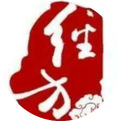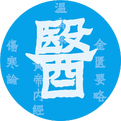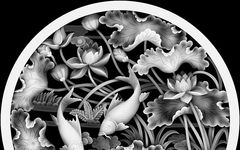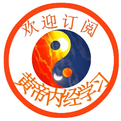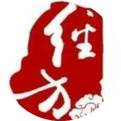Analysis of Floating Pulse and Its Variants
Analysis of Floating Pulse and Its Variants According to the “Pulse Classic”: “A floating and large pulse indicates a heavy head and nasal congestion due to wind. A floating and slow pulse suggests numbness of the skin, with wind-cold invading the muscles. A floating and slippery pulse indicates food retention. A short floating pulse suggests … Read more

